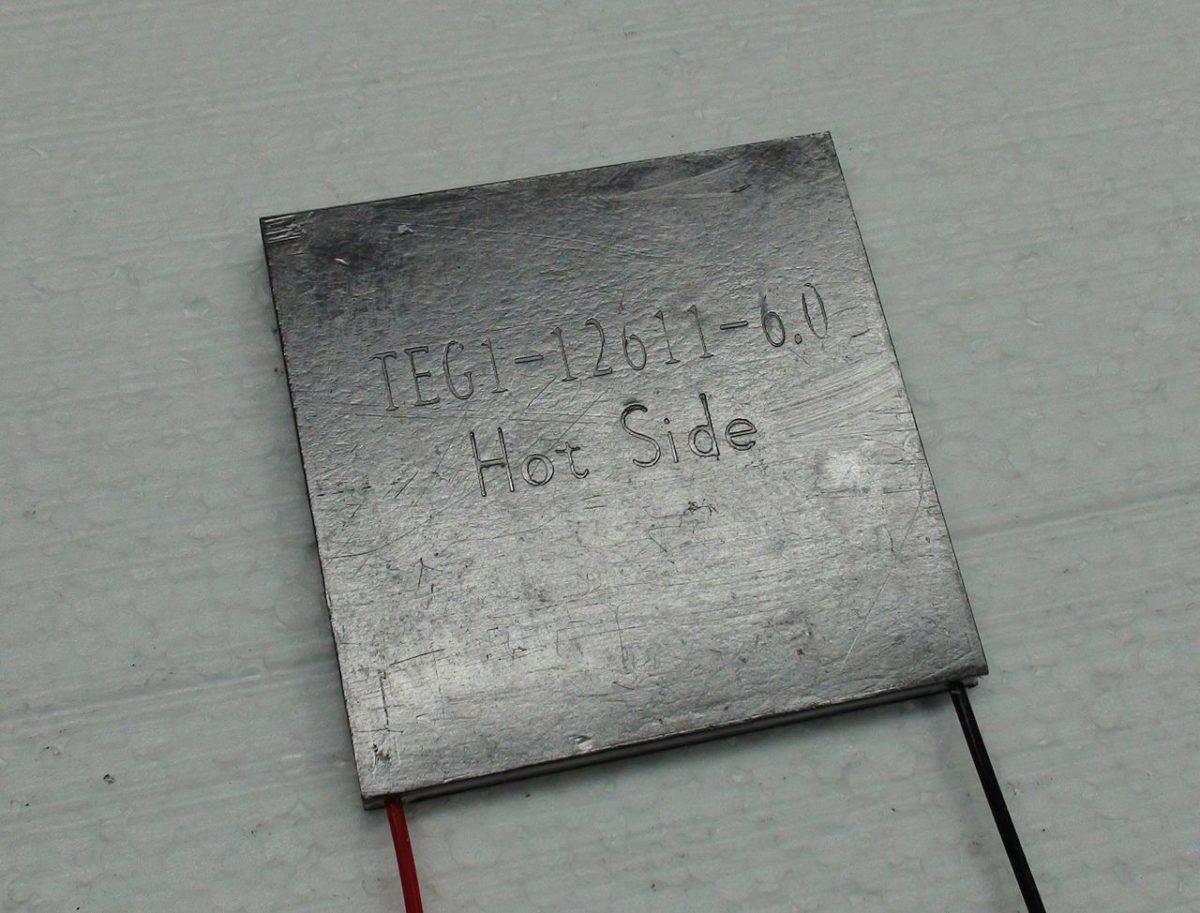Solar energy is playing an increasingly crucial role in the global shift towards a low-carbon economy. As a clean, renewable power source, it offers a promising solution to combat climate change and ensure energy security. However, one of the biggest challenges solar power installations face, particularly in regions with extreme temperatures, is the loss of efficiency when solar panels overheat.
Researchers at Shoolini University have developed an innovative method to tackle this issue, potentially revolutionising the efficiency of solar power plants. Under the Photovoltaics Research Group at the Centre of Excellence in Energy Science and Technology, the team has focused on using thermoelectric coolers (TECs) to keep solar panels at optimal temperatures, boosting their power output.
Unlike traditional air or water cooling methods, which have limitations, TECs are solid-state devices that can precisely manage the temperature of solar panel by converting excess heat into electricity. This dual function not only keeps the panels cool but also contributes to their energy output.
The team, led by Assistant Professor Rahul Chandel and Prof Shyam Singh Chandel, conducted their research in Shimla, experimenting with two polycrystalline silicon solar panels. One panel was fitted with a thermoelectric cooler and a water cooling system, while the other was left uncooled. The results were striking: the cooled panel maintained a stable temperature of around 25°C, whereas the uncooled panel soared to temperatures as high as 63°C. This significant temperature difference demonstrated the effectiveness of TECs in preventing overheating and enhancing panel efficiency.
The implications of this innovation are far-reaching. By reducing thermal stress on the panels, TECs can extend their lifespan, thereby reducing the need for frequent replacements and minimising waste. This technology is particularly beneficial in hot climates where traditional solar panels often struggle, potentially expanding access to clean energy in remote and underdeveloped areas. Moreover, reducing panel overheating could lead to cost savings and promote economic growth by lowering the overall expenses associated with solar power installations.
Additionally, this advancement aligns with global sustainability goals, including the United Nations’ Sustainable Development Goals (SDGs) related to affordable and clean energy (SDG 7) and climate action (SDG 13).
Shoolini University Vice Chancellor Professor Atul Khosla, lauded Asst Prof Rahul Chandel and Prof Shyam Singh Chandel for their groundbreaking work. “This research has the potential to transform how solar energy is harnessed worldwide,” he noted, emphasising the impact of their findings, which have already been highlighted in the prestigious PV magazine.
Shoolini University remains at the forefront of research and innovation, contributing significantly to the global pursuit of sustainable energy solutions.
Ahana Nath
